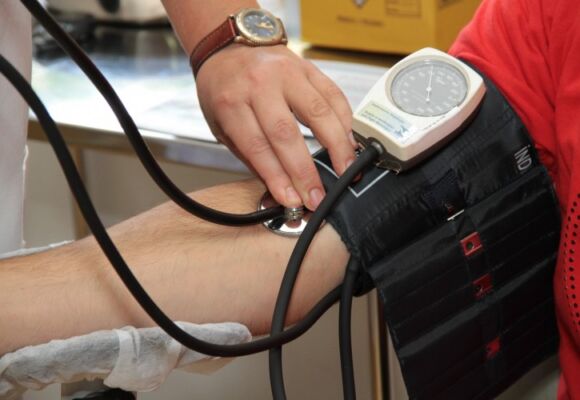The majority of the time, the health services in the UK do an outstanding job– often against the most difficult of circumstances. There are times, however, when things do not go to plan. Unfortunately, when it comes to medical issues, it is often the case that a small mistake can have bigger consequences on your life, whether it affects you physically, psychologically, or financially.
If you have been unnecessarily injured as a result of something that has happened to you whilst in the care of a healthcare professional, you might be able to claim for medical negligence or malpractice.
Although medical malpractice and medical negligence are similar, they are not the same.
Medical Malpractice vs Medical Negligence
If you believe that you have suffered harm as a result of something that has happened to you when you were under the care of a medical professional, you may be able to make a personal injury claim for compensation. It is important, however, that you know the difference between medical malpractice and medical negligence, to ensure that you get the best result for yourself.
What is negligence?
The definition of negligence in legal circumstances is “Conduct that falls below the standards of behaviour established by law for the protection of others against unreasonable risk of harm. A person has acted negligently if he or she has departed from the conduct expected of a reasonably prudent person acting under similar circumstances.”
In legal terms, for negligence to be determined, there must be three elements present:
- There must be a duty owed
- There must be a breach of this duty – the action or inaction needs to fall below the standard that is expected of a reasonably competent equivalent
- The injury or loss that is sustained must be as a result of this breach of duty
What is medical negligence?
Under medical circumstances, medical negligence refers to “an act or omission (failure to act) by a medical professional that deviates from the accepted medical standard of care”. The key to medical negligence, however, is ‘intent’.
In a medical negligence case, the medical professional has no intent to harm the person. The harm has been done to the patient due to accidental actions or the healthcare professional failing to recognise certain factors.
What is medical malpractice?
Medical malpractice differs slightly from medical negligence in that the action that caused the patient harm was carried out with intent. In this case, the healthcare professional was aware of the potential consequences of their actions but still performed them.
Medical malpractice cases can include situations such as if a surgeon goes to the operating table under the influence of drink or drugs, misreading or ignoring test results, or prescribing a cheaper drug although it is less effective. It is important to be aware that successful medical malpractice cases can often (but not always) result in the person losing their job or being disciplined.
Can I sue for negligence or malpractice if I wasn’t injured?
In some cases, you might have been treated in a way that you believe to be negligent or feel that you are a victim of malpractice in a clinical setting. If this is the case, you are within your rights to make a complaint to the NHS or the institution that you believe to be responsible.
However, unless you can prove that you have an injury, you will be unable to make a personal injury claim against the medical professional/organisation.
Part of the rules relating to making a personal injury claim is that you can prove that the organisation or healthcare profession has a duty of care, that the duty of care was breached, and that your injury was incurred as a result of that breach of duty.
Medical negligence, medical malpractice and damages
If you successfully make a medical negligence or medical malpractice claim, you will be awarded damages. The amount that you are awarded depends on a range of different factors including the kind of injury that you have sustained, the location of the injury on your body, its effects on your life, and the financial losses that you have incurred.
Now you know the difference, get in touch with Waldrons Solicitors
If you have suffered an injury as a result of an action that has been carried out by a medical professional or institution, it might be the case that you are able to bring a personal injury case against them.
Contact Waldrons solicitors
Whatever your query, get in touch with us here at Waldrons today.
More information on Medical Negligence
Last reviewed on 11/07/23 by Joseph Norton who is a Director and Head of Compensation
